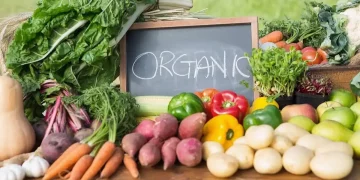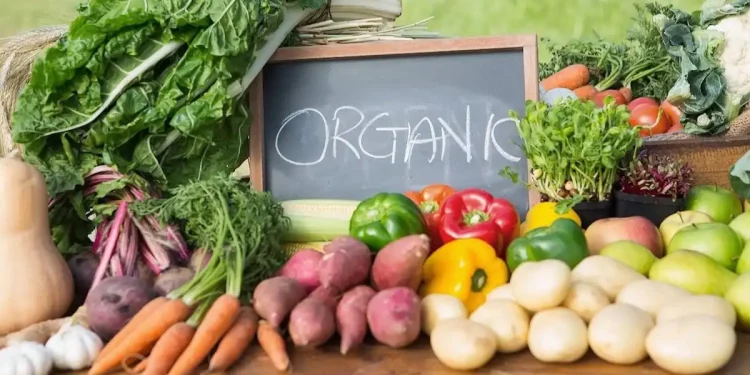The number of organic producers in Russia during 2022 increased by 46% compared to 2021 and reached 146 companies, the press service of Roskachestvo reported.
To date, the number of valid certificates of conformity to organic production in our country exceeds 200.
The Federal Law on Organic Products came into force in Russia on January 1, 2020. According to the law, producers of organic products must be certified by an accredited certification body and must be included in the Unified Register of Organic Producers of the Ministry of Agriculture of Russia.
In 2022, five new regions appeared on the organic map of Russia, according to Roskachestvo: the Nizhny Novgorod Region, the Republic of Udmurtia, the Leningrad Region, the Primorsky Territory, and the Republic of Bashkortostan. Last year, the first producers of organic rice, asparagus, and some types of berries, such as cloudberries, princesses and others, were certified.
According to the organization, the leaders in the number of certified organic products in the Russian Federation are producers of grain crops (about 30% of producers), as well as vegetable products – 18.3%, livestock products – 16% and animal feed – 15%.
What are the prospects for the development of the organic products market?
In turn, experts from the Institute for Applied Economic Research of the RANEPA conducted their own study of the situation on the organic production market and explained what the prospects for the development of the organic market in our country are.
The global market for organic products is one of the fastest growing. By 2025, retail sales of such products may reach $212–230 billion and replace 3–5% of the market for all agricultural products in the world. And the number of consumers of organic products in the world has approached 700 million people, experts from the RANEPA Institute for Applied Economic Research Valery Vinogradsky and Olga Vinogradskaya say.
Russia currently has more than 30 million hectares of fallow lands, “clean” in terms of organic matter. The use of these lands for organic arable land could make Russia a leader in the world organic market.
Today, high-tech methods of growing organic products include a mandatory system of measures. These include the use of organic and microbiological fertilizers, pesticides and agrochemicals of biological origin, as well as optimal soil cultivation practices.
In 2021, the number of organic enterprises in Russia increased by 52%, and the geography of production expanded from 9 to 40 regions. By this time, 109 manufacturers of such products have been certified.
The Ministry of Agriculture has developed a draft strategy for the development of organic agricultural production in Russia for the period up to 2030.
This project provides for the growth of the organic market up to 150 billion rubles. According to the plans of the Ministry of Agriculture, export deliveries of organic products will increase to 3.7 billion rubles, and Saudi Arabia is considered as one of the promising markets.
Currently, the production of organic products is aimed at sustainable development, as well as the preservation of local food and ecological systems. In addition, the Russian market of organic products has significant development potential, demonstrating positive dynamics today. Stimulation of this high-tech sector of agriculture will accelerate import substitution in the Russian agricultural sector.































